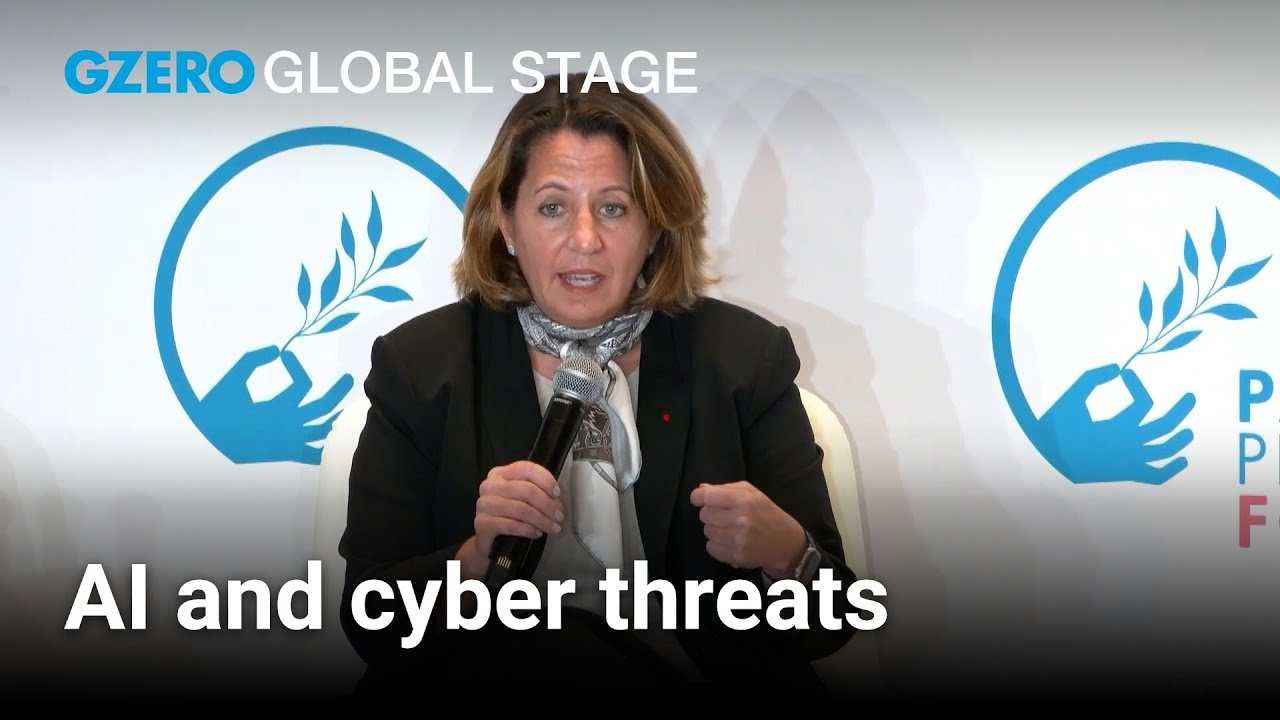87: At the 500-day mark, President Trump’s approval rating among Republicans is 87 percent, the second highest “own party” rating for any president at this point in their term since World War II. Only George W. Bush, whose first term was defined by the events of 9/11, bests him.
20: Cable news outlets in the US devoted more than 20 times as much time to the scandal surrounding TV star Roseanne Barr’s tweets as they did reporting on a new report that suggests as many as 5,000 Puerto Rican citizens of the US may have died as a result of last year’s Hurricane Maria. Critics wondered, with good reason, whether such a large death toll on the mainland would have gotten similarly short shrift. Signal thinks not.
14: Last week, finance officials from 14 African countries discussed adopting the Chinese yuan as one of the currencies that their central banks hold. As China’s global investments grow, while misgivings about US dollar dominance mount, Beijing is keen to make its own currency an eventual rival to the dollar in international trade and finance.
6: North Korea’s vast mineral resources, including what might be the world’s largest rare earth deposit, are valued around $6 trillion, according to a South Korean think tank. That’s around 176 times the size of the country’s economy.
1: By the end of the year, China will rank first in the world in terms of investment in scientific research. While the Trump administration has movedto restricts foreign visas, China has an ambitious program to attract talent from abroad.
